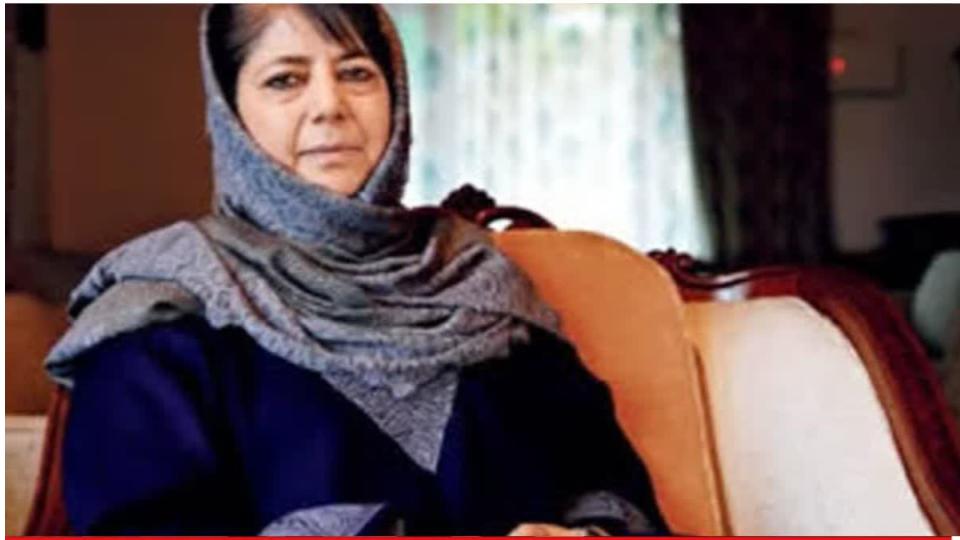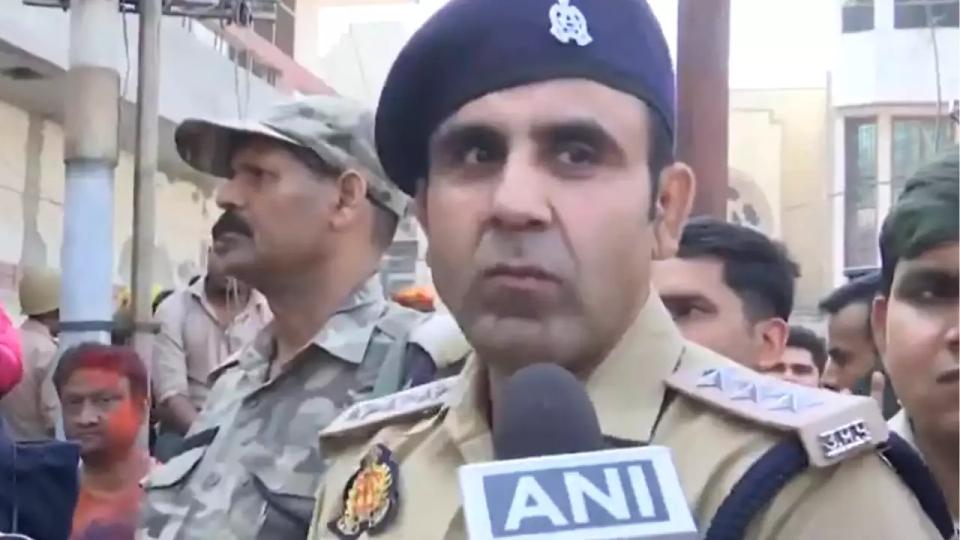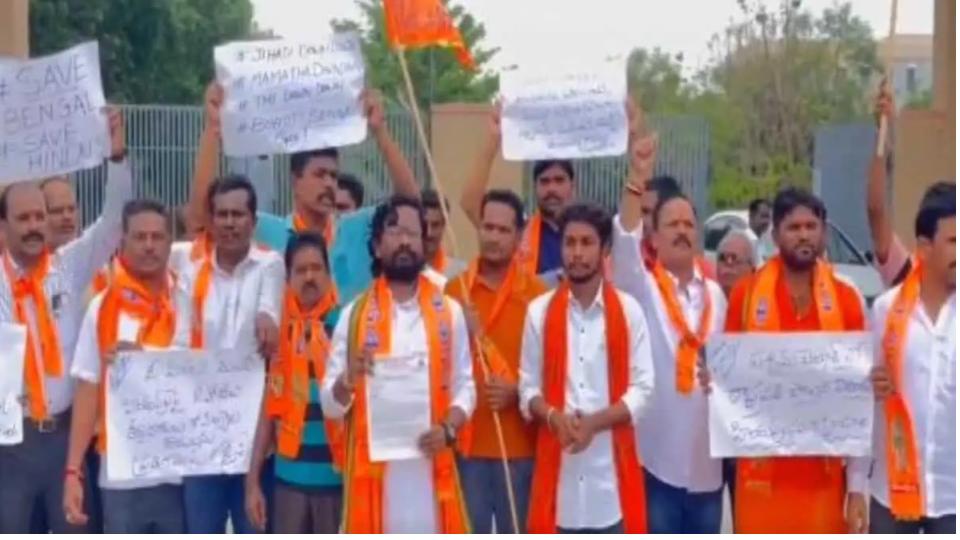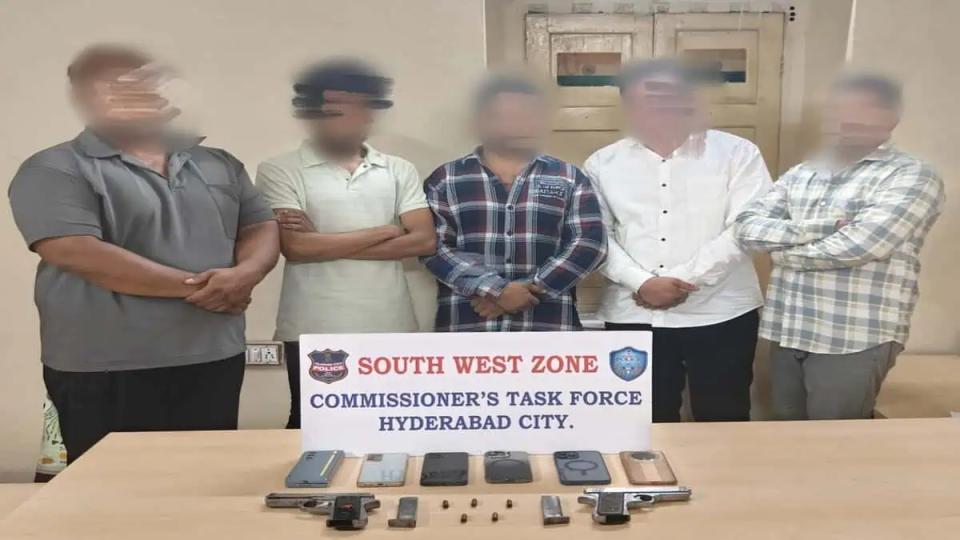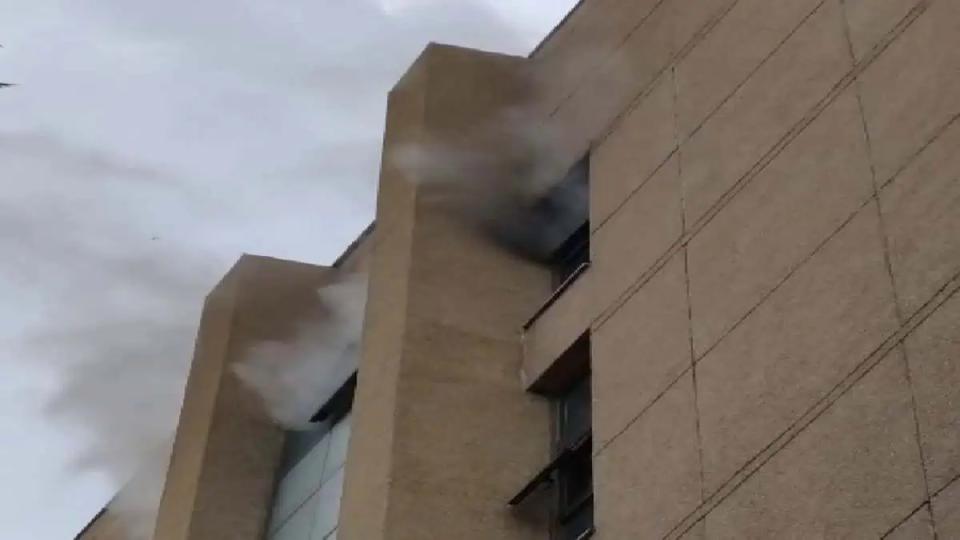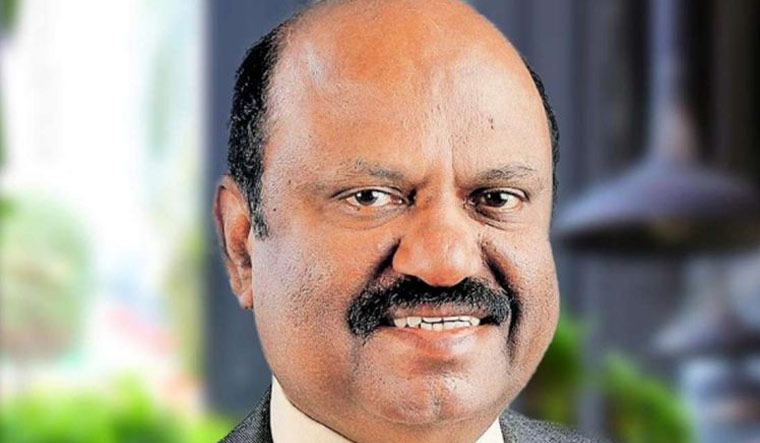U.S. envoy on North Korea to visit South amid stalled nuclear talks
Wed 19 Dec 2018, 11:46:54
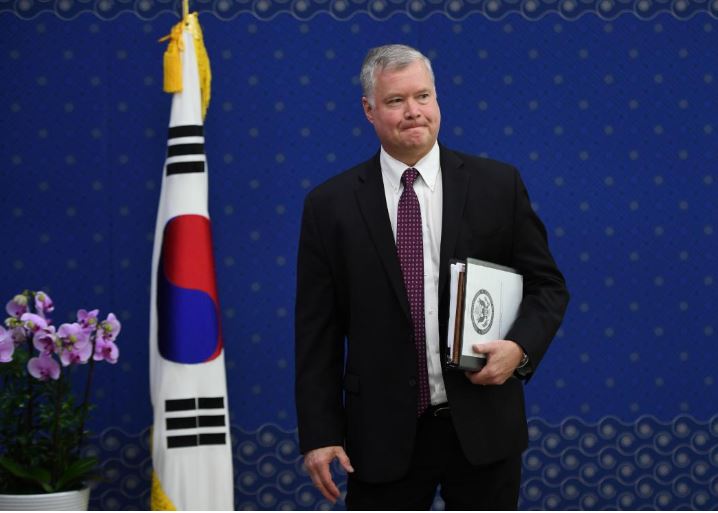
A U.S. envoy is due to visit South Korea on Wednesday, officials said, as Washington and Pyongyang struggle to find a breakthrough in their stalled talks aimed at ending North Korea’s nuclear program.
Stephen Biegun, the U.S. special representative for North Korea, is due to stay four days, a diplomatic source told Reuters.
North Korean leader Kim Jong Un vowed to work toward denuclearization at his landmark summit with U.S. President Donald Trump in Singapore in June but the two sides have since made little progress.
They have yet to reschedule talks between U.S. Secretary of State Mike Pompeo and senior North Korean official Kim Yong Chol after abruptly cancelling a meeting in November.
Trump has said a second summit with Kim is likely to take place in January or February, though he wrote on Twitter last week that he is “in no hurry”.
North Korea has for years pursued nuclear and missile programs in defiance of U.N. Security Council resolutions but the bellicose rhetoric from both Pyongyang and Trump that raised fears of war has eased this year.
The stalled negotiations have also had an impact on inter-Korean ties, with the North aloof toward the South’s plan to host Kim Jong Un in Seoul this month as agreed at his summit with President Moon Jae-in in Pyongyang in September.
Kim’s trip was unlikely to take place this year, Moon’s press secretary said last week.
South Korean Unification Minister Cho Myoung-gyon, who is due to meet Biegun on Friday, said the nuclear talks would face a critical moment between February and
March.
March.
“I think it is fair to say that the denuclearization process is not yet on track in earnest,” Cho was quoted by the Yonhap news agency as telling reporters.
“Next year, we can see whether they will have a chance to get closer to the objectives.”
North Korean state media has credited Trump for his “willingness” to continue dialogue but has also slammed Washington for stepping up sanctions, accusing the State Department of being “bent on bringing the DPRK-U.S. relations back to the status of last year which was marked by exchanges of fire”.
The report referred to the North by its official name, the Democratic People’s Republic of Korea (DPRK).
The State Department said communication between both sides was “ongoing” but sanctions relief would come after they achieved the goal of a “final, fully verified denuclearization”.
“The sooner North Korea denuclearizes, the sooner sanctions can be lifted,” deputy spokesman Robert Palladino told a news briefing on Tuesday in Washington.
Biegun was scheduled to hold talks on Thursday with his South Korean counterpart, Lee Do-hoon, ahead of their session on Friday of a working group launched last month to boost coordination on North Korean policy.
Biegun is expected to discuss inter-Korean issues with Cho amid U.S. concerns that Seoul may be moving too quickly with Pyongyang relative to the lackluster progress on denuclearization.
The two Koreas plan to hold a ground-breaking ceremony on Wednesday for their project to reconnect rail and road links, which would need U.S. sanctions exemptions.
No Comments For This Post, Be first to write a Comment.
Most viewed from International
Most viewed from World
AIMIM News
Latest Urdu News
Most Viewed
May 26, 2020
Do you think Canada-India relations will improve under New PM Mark Carney?
Latest Videos View All
Like Us
Home
About Us
Advertise With Us
All Polls
Epaper Archives
Privacy Policy
Contact Us
Download Etemaad App
© 2025 Etemaad Daily News, All Rights Reserved.

.jpg)






.jpg)
.jpg)

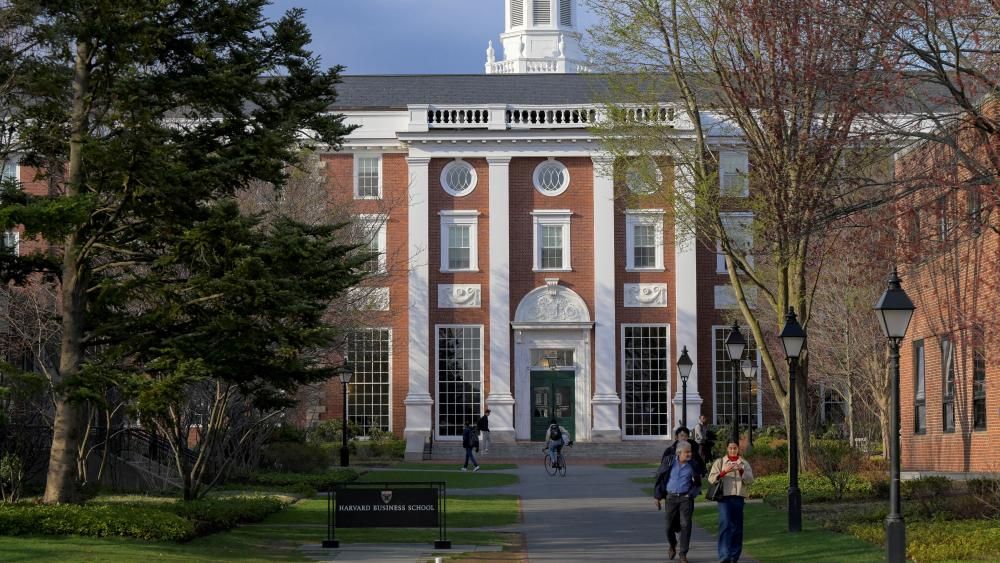
.jpg)
.jpg)
.jpg)
.jpg)
.jpg)
.jpg)
